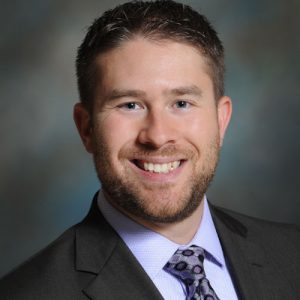For healthcare workers, long hours, high-stress working conditions, and sometimes low pay can contribute to burnout and high turnover rates—challenges that became especially acute during the COVID-19 pandemic. While these challenges have been well documented, however, another obstacle faced by U.S. healthcare workers—exposure to morally injurious actions or events in the workplace—is less understood and has not received as much attention.
A new study led by the University of Minnesota School of Public Health (SPH) examined the effects of moral injuries on healthcare workers. The study focuses on how potentially morally injurious events (PMIEs) are contributing to burnout and turnover rates among healthcare workers.

Researchers defined three key moral injury exposures that healthcare workers may encounter:
- Participating in an event where one acted (or failed to act) in a way that violates sincerely held values or beliefs
- Witnessing an event that violates sincerely held values or beliefs
- Experiencing betrayal from a peer or authority figure in a high-stakes situation
To investigate the prevalence of these issues, researchers conducted surveys with 473 healthcare workers in May of 2020 (T1) and again in May of 2021 (T2) to measure burnout and turnover intentions related to exposure to PMIEs. The study, published in Scientific Reports, found:
- Moral injury exposure is a common experience in healthcare workers. Seventeen percent of workers reported participating in a potentially morally injurious event, 41% reported witnessing an event, and 76% reported an experience of betrayal.
- Witnessing PMIEs increased turnover intentions. Healthcare workers who reported witnessing morally injurious events at T1 had a 66% greater risk of intending to leave their jobs by T2.
- Participation in PMIEs heightened burnout risks. Those who personally participated in PMIEs had a 38% higher likelihood of experiencing burnout.
“This study provides insight on the profound impact of moral injury on healthcare workers,” says Timothy Usset, PhD, MDiv, an SPH researcher, healthcare chaplain, and lead author. “Despite the significance of these issues, existing healthcare leadership and policymakers have yet to adequately address the role of morally injurious events on the epidemic of burnout and turnover plaguing our healthcare systems. As healthcare systems face unprecedented workforce shortages, our findings underscore the urgent need for systemic changes.”
The paper suggests that healthcare leaders and policy experts develop accessible organizational interventions that will address moral injury, support the well-being of healthcare workers, and bridge value discrepancies across all levels of healthcare systems.

